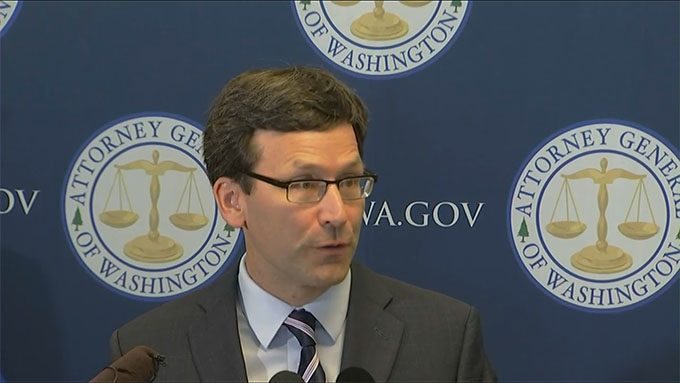- Qualcomm Launches Snapdragon 4 Gen 2 Mobile Platform
- AMD Launches Ryzen PRO 7000 Series Mobile & Desktop Platform
- Intel Launches Sleek Single-Slot Arc Pro A60 Workstation Graphics Card
- NVIDIA Announces Latest Ada Lovelace Additions: GeForce RTX 4060 Ti & RTX 4060
- Maxon Redshift With AMD Radeon GPU Rendering Support Now Available
Washington State Sues Comcast For $100 Million Over ‘Deceptive Practices’
If you’re having a bad case of the Mondays, here’s a story that might perk you up. Washington State Attorney General Bob Ferguson has just launched a consumer-protection lawsuit against Comcast, valued at $100 million. That might seem like chump change to a corporation as gargantuan as Comcast, but let’s not overlook another important aspect: the principle.
The lawsuit accuses Comcast of using “deceptive practices” to adversely affect some 500,000 Washington state customers across more than 1.8 million individual violations.

Before the lawsuit was made public, Comcast had been aware of Washington state’s pressures to right its wrongs. The suit revolves entirely around customer repair bills; namely, the fact that Comcast promised things that were simply not true, resulting in customers paying out-of-pocket for repairs that they believed were covered. Comcast claims that its Service Protection Plan has covered over 99% of customer repair bills, but Ferguson punched holes in that theory, as his team believes the 99% only applies to specific types of repair services.
Comcast says that it had been in talks with the Attorney General’s office for the past year, and has been willing to make improvements based on its input. However, Washington state’s defense is that Comcast hadn’t changed anything with regards to its misleading behavior until litigation became imminent.
During his press conference, Ferguson put it simply: “I won’t allow Comcast to continue to put profits above customers, and the law.” He spoke to the fact that most consumers might not have even been aware of Comcast’s deceptive behavior, and highlights that as the reason his customer protection team exists. Throughout the press conference, Ferguson was adamant about the fact that Comcast wasn’t oblivious to the issues, but instead chose to ignore them until the “eve of litigation”.
At this point, we’re beginning a waiting game to see how this lawsuit progresses. Based on the facts laid out on the table, Washington state’s argument seems to have more merit than Comcast’s. If Washingston proves successful in its battle, it could result in other states looking at this particular issue much more closely.




